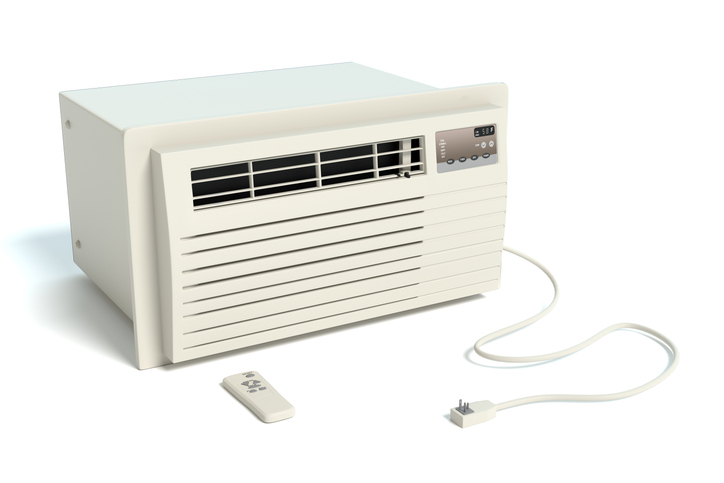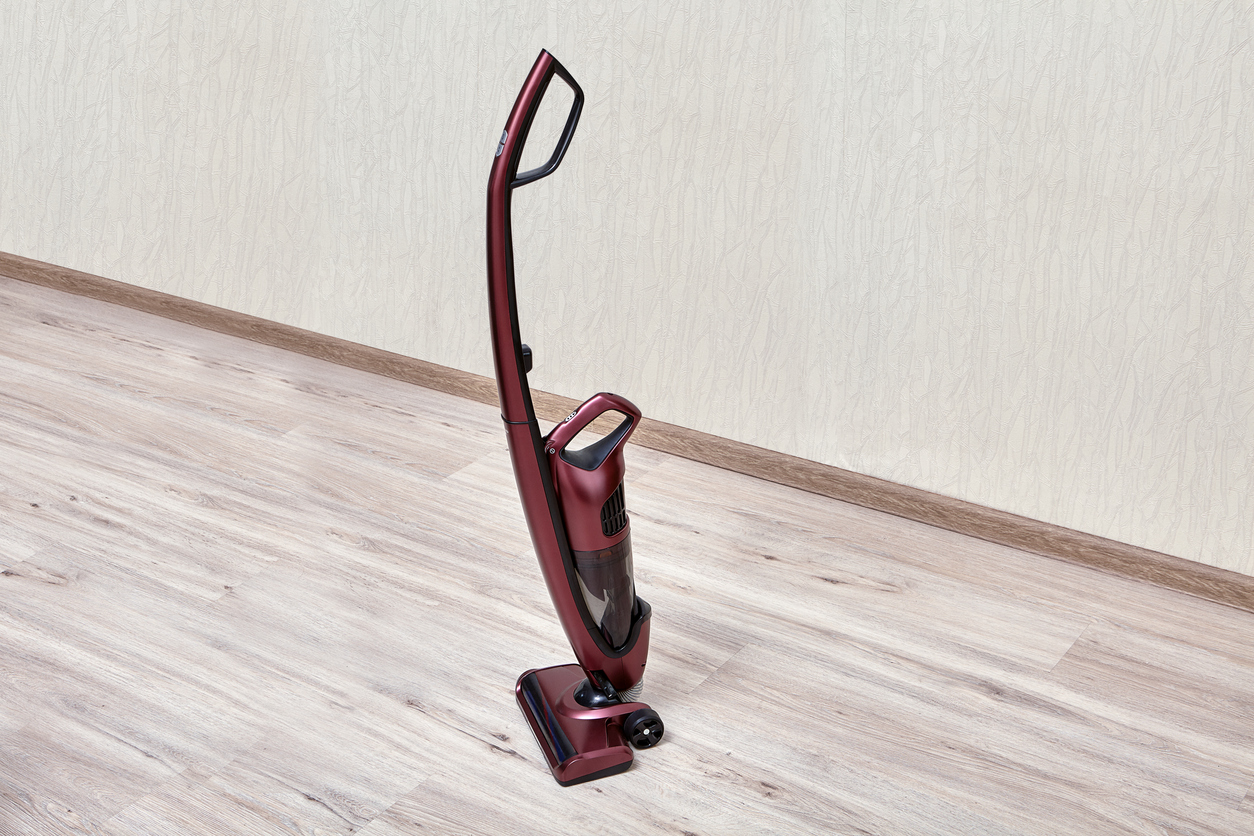
A pump is a mechanical device that transforms the electric energy generated by motor to hydraulic energy and the hydraulic machine that works to increase the overall mechanical energy of a liquid in most cases water. In the current world, water pumps are very essential as they help move both hot & cold water and other liquid in a system that is compact.
Without water pump the day to day works become complicated and it has vast area to use include hospitals, schools, households, industry, agriculture and most commercial outlets. So when buying a water pump, you should know the important to consider some factors. This article Water Pump Buying Guide will able to help you to eliminate your doubt and query. Important factors to notice before buying any water pump for home or any other purpose.
Table of Content
- Purpose/Type of pump
- Head Range
- Flow rate
- Power
- Pump Speed
- Inlet and Outlet Size of the pump
- The efficiency of the Pumps
- Types of water
- Head loss
- Pump Material
- Features
- Warranty
- Price
- FAQs
Purpose/Type of pump
The first factor to notice for buying a water pump is deciding the specialized application you need to looking for. For unfailing and efficient performance, your water pump should match with the environment where it has to be installed and availability of water source. But often new buyers find it difficult to understand the features that would work best for their needs. To make this decision a lot easier, there are verities of water pumps according to different applications.
Monoblock pump
Monoblock pump name suggested solo pump where both pump and motor are assembled jointly within the similar platform. This is one kind of mechanical device where a general shaft includes the revolving parts as well as motor are connected together without using any coupling device in similar housing. It requires less space to install and decent suction head, flow rate and power for normal daily uses. It is a domestic water pumps types and uses for domestic water supply, lawn sprinklers, gardens, small commercial uses etc.
Centrifugal pump
Centrifugal pump almost similar to monoblock pump where electric energy converted to kinetic energy, hence produce centrifugal force inside the pump and lift the water. Here pump and motor are standalone. In some cases both pump and motor are assembled in same platform and some cases pump and motor assembled separately. It requires more space to install and more suction head, flow rate and power. It suitable for where need more water flow rate like building, industry, agriculture, hotel etc.
Jet pump
Jet Pumps are installed above ground and are non-submersible. They are usually used to draw water from a well through a suction pipe. The common applications include lifting water from well to overhead tank, light commercial or residential irrigation and supplying water for sprinkler systems. Jet Pumps are typically more popular in areas with high water tables or warmer climates.
Even Jet pumps come in two variations: deep well and shallow well. Shallow well jet pumps are used to lift water from wells as deep as 25 feet and deep well jet pumps are normally used for depths up to about 200 feet. Deep well jet pumps can transport larger volumes of water more quickly and over longer distances than shallow well pumps.
Pressure Booster Pumps
A Pressure booster pump is a quality appliance, which is used to pressurized and smooth water supply in your home or other area. They are especially designed to supply you with desired pressurized water according to your needs. This automated pressure pump normally used in your existing water system near overhead water tank which is supplied constant water pressure across all openings connected to the piping system making it an ideal choice for use in residential buildings and hotels. When the water pressure drops to a set level, the pump automatically starts to pump water and as the consumption drops and outlet pressure rises to pre-set stop pressure the pump stops automatically.
Submersible Pumps
A Submersible Pump is a device with a sealed motor which is working under the water bodies and pushes water from open wells or bore wells. They are an efficient and effective choice for depth water level since they do not require any priming as they are already submerged into water. They are further divided into two types:
Open Well Submersible Pumps: In this pump you will find two technologies Water Cooled or Oil Cooled. They are mainly used for Open-Well Applications.
Bore Well submersible Pumps: In this pump you will find two technology Water Cooled or Oil Cooled. They are mainly used for Bore-Well Applications.
Read this article also “best water pump“
Head Range
Head range defines the water pump’s suction and lifting distance. Availability of water source from where pump need to fetch water and where pump need to throw water, according to choose water pump head range. Head range is measure in “meter”.
Head range: 10 – 20 M
Means, the pump can suck water from distance 10 meter and can throw at a distance 20 meter.
Flow rate/ Discharge rate
It is measure in LPM (Liter per minute). The amount of water release by the pump in specific time is call flow rate.
Flow rate: 60 – 100 LPM
Means, the pump can discharge water 100LPM at very short distance and 60 LPM at very long distance. The flow rate 100 – 200 LPM is sufficient for household activity.
Power
It is measured in kilowatt (kW) and horsepower (HP). This is the amount of electrical power that will be consumed by the pump when in running. The normal range of most pumps for household activates is 0.5-1.5 HP. The power of the pump will vary depending on the other specifications of the pump but normally as the amount of flow rate and head range increased, so does the power increases.
0.25HP – Suitable for 1 to 2 floor building
0.5HP — Suitable for 2 to 3 floor building
1.5HP — Suitable for 3 to 4 floor building
1.5HP above — Suitable for high building, industry and agriculture
Pump Speed
Pump speed measured in RPM unit (Revolution per minute). As the number of RPM increases the suction speed also increases. Normally pumps available in market are 960RPM, 1440RPM, 2700RPM and 3000RPM.
Inlet and Outlet Size of the pump
All you need to know is that no matter what the size of the intel/outlet size of pumps, they all work the same way. The water pump sucks in amount of water through an inlet valve and ejects it from a discharge valve. As the size of inlet/outlet increases the amount of water suck in and discharge also increases. Example, A 5-inch size water pump can potentially finish a job much faster than a 1-inch size pump. Also, point to be noted that whatever size inlet your pump has, you must use that same size inlet or suction hose. If you reduce the diameter of the inlet/suction hose then the performance the pump will degrade.
The efficiency of the Pumps
The Efficiency of a pump (ηp) that is the ratio between the power P supplied to the water and the power Pactl absorbed by the pump:
ηp = P/Pactl
The efficiency of a pump is further divided into three categories –
a) Manometric Efficiency (ηmano) –
The ratio of manometric head and the head imparted by the impeller is known as manometric efficiency.
b) Mechanical Efficiency (ηmech) –
It is the ratio of the power available at the impeller and the power at the shaft of the pump is
called as mechanical efficiency. ηmech = Power at Impeller/ Shaft Power (S.P)
c) Overall Efficiency (ηo) –
It is measure in the ratio of the power output of the pump and the power input of the pump.
Power Input = WHm/1000 (Kw) = Power supplied by electric motor
ηo =(WHm/1000) /S.P
ηo = ηmano × ηmech
Types of water/Water quality
It is important factor to carry out a pre-analysis of the water quality to pump, because each pump is designed to handle specific types of water or else can damaged the pump if used for the wrong type. Normally water quality is divided into three distinct types based on the size of particles it contains:
Clean water: Having particles smaller than 5 mm in water;
Grey water: Having suspended solids of up to 20 mm;
Black water: Having suspended solids of up to 25 mm.
Head loss
Head loss depends on the obstacles in your home plumbing circuit like number of pipe bends, junctions, material quality etc.
Pump Material
Undoubtedly, one aspect where buyer of water pump should not compromise and that is the brand of the water pump. Before buy follow a necessary research and surveys on how the quality of a water pump should be. The good brand always relies upon so that no faults or errors crop up later. With high quality motors, anti-rust coating, high efficiency, robust design will increase the stability and durability of the pump. So choose the brand wisely.
Features
Overheat protection: Will protect the motor wiring from excessive heat produce by the motor.
Water detection: You will get water level detection sensor along with the pump. This will detect te water level in tank and stop the pump automatically when the tank gets dry.
Voltage fluctuation: Some of pumps capable of withstand voltage fluctuation from 180 degree to 230 degree.
Self Priming: Some of pumps able to do self priming upto 3m without foot valve. In that case your motor can run smoothly without using foot valve.
Insulation class: The grading of insulation classes will determine the heat resistance of motor wiring. You will get insulation classes X, A, E, B,F, H, C gradually can resist heat of 90°, 105°, 120°, 130°, 155°, 180° and 180°.
IPXY: IP stands for Ingress Protection where as X stand for solid state and Y stand for water state. IP defines how much the pump is protected from hush environment.
X range- 0 to 6 (As number increase the protection from dust increases)
Y range- 0 to 8 (As number increase the protection from water increases)
Example- IP55 means, the pump is no dust and no sprinkle of water can damaged.
Motor Duty: It defines how much the water pump capable to run continuously. The range of motor duty is s1 to s4. Normally, we are using motor duty s1 in our household activity. S1 means the motor can run continuously with any problem.
Warranty
Warranty plays a huge role in term of maintenance. The more warranty will save your extra money and time from unfortunate malfunction of water pump.
Price
At last we are force to compromise with the features of water pump by calculation the budget. Choose the water pump wisely according to your budget.
Conclusion(Water Pump Buying Guide India)
When you are going to buy water pump, consider those above factors that will help you lot to choose the proper water pump according to your needs. To achieve top productivity in your pumping operation and invest your hard money smartly, you have to be cautious to follow those important points.
FAQs
Q- What size water pump do I need for my home?
A-Pump size depends on many factors, mainly flow rate. On basis of uses of water in your home like washing machine, dishwasher, geyser, shower etc. Flow rate measures in liter per minute, so calculate how much water do need daily to pump water to store in water tank. Along with flow rate follow the other factor also which are mention above.
Q- How to choose water pump for house?
A-There are many parameter to look out when you are going to water pump for house. I have listed all points in above article.
Q- Water pump motor buying guide?
A-Read the above article to know more.
Q- Which water pump is best for home?
A-Read this article to know more “best water pump“.
Q- How strong of a pump do I need?
A-The strong of a pump depends on your requirement of water. Read the above article to know more.
Q- How far can a 1 hp pump push water?
A-1hp water pump can push water upto 3rd floor.
Q- How much HP pump do I need?
A-0.25HP – Suitable for 1 to 2 floor building
0.5HP — Suitable for 2 to 3 floor building
1.5HP — Suitable for 3 to 4 floor building
1.5HP above — Suitable for high building, industry and agriculture
Q-What size pump do I need to lift water 20 feet?
A-You can follow this chart.
| Power Required to Pump Water (hp) | |||||||||
| Volume Flow (gpm) |
Height (ft) | ||||||||
| 5 | 10 | 15 | 20 | 25 | 30 | 35 | 40 | 50 | |
| 5 | 0.00631 | 0.0126 | 0.0189 | 0.0253 | 0.0316 | 0.0379 | 0.0442 | 0.0505 | 0.0631 |
| 10 | 0.0126 | 0.0253 | 0.0379 | 0.0505 | 0.0631 | 0.0758 | 0.0884 | 0.101 | 0.126 |
| 15 | 0.0189 | 0.0379 | 0.0568 | 0.0758 | 0.0947 | 0.114 | 0.133 | 0.152 | 0.189 |
| 20 | 0.0253 | 0.0505 | 0.0758 | 0.101 | 0.126 | 0.152 | 0.177 | 0.202 | 0.253 |
| 25 | 0.0316 | 0.0631 | 0.0947 | 0.126 | 0.158 | 0.189 | 0.221 | 0.253 | 0.316 |
| 30 | 0.0379 | 0.0758 | 0.114 | 0.152 | 0.189 | 0.227 | 0.265 | 0.303 | 0.379 |
| 35 | 0.0442 | 0.0884 | 0.133 | 0.177 | 0.221 | 0.265 | 0.309 | 0.354 | 0.442 |
| 40 | 0.0505 | 0.101 | 0.152 | 0.202 | 0.253 | 0.303 | 0.354 | 0.404 | 0.505 |
| 45 | 0.0568 | 0.114 | 0.170 | 0.227 | 0.284 | 0.341 | 0.398 | 0.455 | 0.568 |
| 50 | 0.0631 | 0.126 | 0.189 | 0.253 | 0.316 | 0.379 | 0.442 | 0.505 | 0.631 |
| 60 | 0.0758 | 0.152 | 0.227 | 0.303 | 0.379 | 0.455 | 0.530 | 0.606 | 0.758 |
| 70 | 0.0884 | 0.177 | 0.265 | 0.354 | 0.442 | 0.530 | 0.619 | 0.707 | 0.884 |
| 80 | 0.101 | 0.202 | 0.303 | 0.404 | 0.505 | 0.606 | 0.707 | 0.808 | 1.01 |
| 90 | 0.114 | 0.227 | 0.341 | 0.455 | 0.568 | 0.682 | 0.795 | 0.909 | 1.14 |
| 100 | 0.126 | 0.253 | 0.379 | 0.505 | 0.631 | 0.758 | 0.884 | 1.01 | 1.26 |
Q-Domestic water pumps type?
A-Monoblock, centrifugal,submersible and jet pumps. In above article all pumps definition is mentioned properly.
Q-Water pump for well?
A-Read this article to know more “best submersible pump for borewell“.
Q-Water pump motor for home use?
A-Read the article to know more “best water pump“.
Q- What is the difference between 0.5 HP and 1HP water pump?
A- The 1 hp is way over-fueled for what the Standard Clean Water System needs. … In this working mode, the 1 hp pump needs about double the energy to work than a ½ hp pump and when flow is limited to oblige the ideal flow rates, the working pressing factor is almost double that of the ½ hp.
Q- How many liters per minute do a 1 hp pump pumps?
A-1hp pump can life 80LPM water.
Q- How do I choose a water pump motor?
A-Read the above article carefully to choose “best water pump“.
Q-How many gallons per minute does a 1/2 HP well pump?
A-A two-line jet pump can typically raise water from depths of 30-feet to 80-feet, and at water delivery rates of 4 gpm (gallons per minute) (for a 1/2 hp 2-line jet pump serving an 80 foot deep well) to 16 gpm (for a 1 hp 2-line jet pump serving a 30 foot deep well).
Q-How many liters per minute does a 5 hp pump pumps?
A- 5 HP driver can power a pump having a flow rate of about 450 liters/minute. At the head of 5,000 feet, a 5 HP driver can power a pump having a flow rate of about 9 liters/minute.
Q- What is the pressure of 1 hp water pump?
A-The pressure of 1 hp water pump is 5 bar.
Q-How do I convert HP to PSI?
A-To convert HP to PSI just multiply the gallons per minute by the amount in psi. For the example, the amount in psi is 300. That multiplied by 30 gpm equals 9,000. To obtain the hydraulic horsepower divide that number by 1,714.
Q-How much electricity does a 5 hp motor use or consume?
A-1 Horsepower is equal to 745.7 watts of electrical power, so If a 5HP motor operating at 100% efficiency then it will consume about 3.728kW of power. Hence, in one hour, it will use 3728.5 kilowatt-hours.
Q-How much electricity does a 1hp motor consume?
A-The power consumption of 1 HP motor for 24 hour = 746×24= 17904 Watt-hour which is equal to 17904/1000= 17.904 units. Hence, when run continuously for 24 hours will be consumed by the 1 HP motor is 17.904 units .
Q-Water pump selection guide?
A-Please go through the above article.

![Water Pump Buying Guide | Important [14 Points]](https://homekitchenzone.in/wp-content/uploads/2020/07/water-pump.jpg)
![Water Pump Buying Guide | Important [14 Points]](https://homekitchenzone.in/wp-content/uploads/2021/07/snapshot529-1024x576.jpg)



